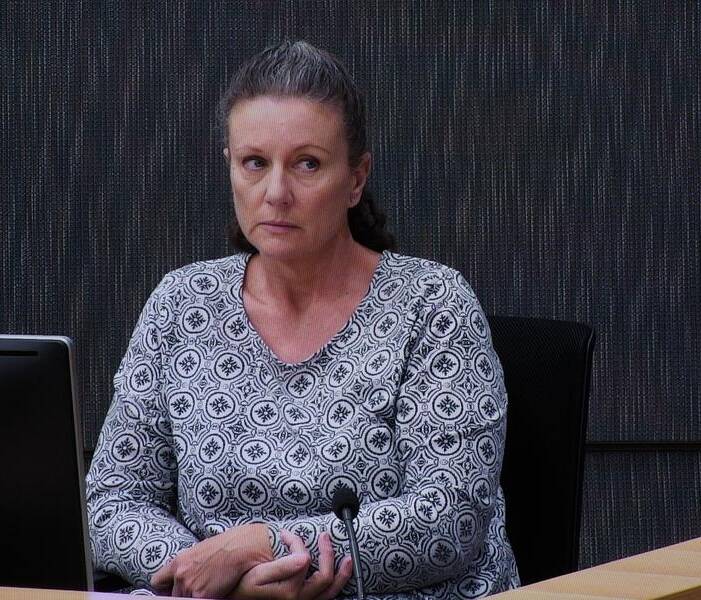
An inquiry into the convictions of Kathleen Folbigg over the deaths of her four children will resume to examine scientific evidence and the diaries that played a role in her initial conviction.
Folbigg was convicted in 2003 for the manslaughter of her son Caleb, and the murder of her other son Patrick and two daughters Sarah and Laura.
The children died separately over the course of a decade, aged between 19 days and 18 months old.
Folbigg's convictions were subject to an inquiry conducted by former NSW District Court chief judge Reg Blanch in July 2019 which concluded her guilt was "even more certain".
NSW Governor Margaret Beazley ordered a fresh inquiry in May last year following a petition from scientists after the emergence of new evidence around genetic variants identified in Folbigg and her two deceased daughters.
Former chief justice Tom Bathurst KC has been tasked with forming a view about whether there is any reasonable doubt about Folbigg's guilt.
The inquiry sat for two days in November and resumes on Monday for an estimated three weeks of hearings.
A directions hearing was held earlier in February, however remains covered by a non-publication order.
Cardiac electrophysiologist Hariharan Raju told the inquiry in November the CALM2 G114R genetic variant identified in the female Folbiggs is "exceptionally rare".
"So much so, as someone with an interest in cardiogenetic disease ... (she) is the first individual that I have personally been involved with," he told the inquiry.
He had not consulted with her since 2019, when it was not yet clear if the genetic variant was responsible for any disease.
Two Danish scientists, who first made the "extremely surprising" discovery that genetic variants could effect production of the calcium-binding protein calmodulin, told the inquiry it was likely the genetic mutation could have caused the death of Sarah and Laura.
The inquiry sat for two days in November and resumed on Monday.
Counsel assisting the inquiry, Sophie Callan SC, outlined the evidence the inquiry is expected to receive during hearings that could run for up to three weeks.
Other genetic experts giving evidence this week will tell the inquiry the variant identified in Folbigg and her two daughters could be a likely cause of infant deaths, Ms Callan said.
All four children, but not their mother, also carried another genetic variant, identified in 2018, which could be an aggravating factor in cardiac death, experts will tell the inquiry.
Cardiovascular experts will raise doubts about the variant's ability to cause disease or death, and its significance.
"The fact a carrier, Kathleen Folbigg, is alive and healthy suggests it is benign," Ms Callan said, summarising the expected expert evidence on Monday.
She said no witness is expected to give definitive evidence about the cause of death and Mr Bathurst will have to exercise judgment.
"There's, even on this evidence, whichever way you look at it, a reasonable hypothesis inconsistent with guilt?" Mr Bathurst asked the counsel assisting.
"Yes Your Honour, in my submission that is the effect of the evidence," Ms Callan said.
The inquiry will also consider Folbigg's diaries, which Ms Callan said were characterised as admissions of guilt and relied upon at her trial by prosecutors who suggested they were the strongest evidence available that she killed her four children.
"(Folbigg) squarely challenges that characterisation," Ms Callan said.
Experts will give evidence the content of Folbigg's diaries could be explained by complex PTSD and other mood disorders, however not all of them agree she satisfies the criteria for diagnosis.
Folbigg was originally sentenced to 40 years in prison, which was reduced on appeal to 30 years with a non-parole period of 25.
She is not eligible for parole until 2028.
Australian Associated Press







